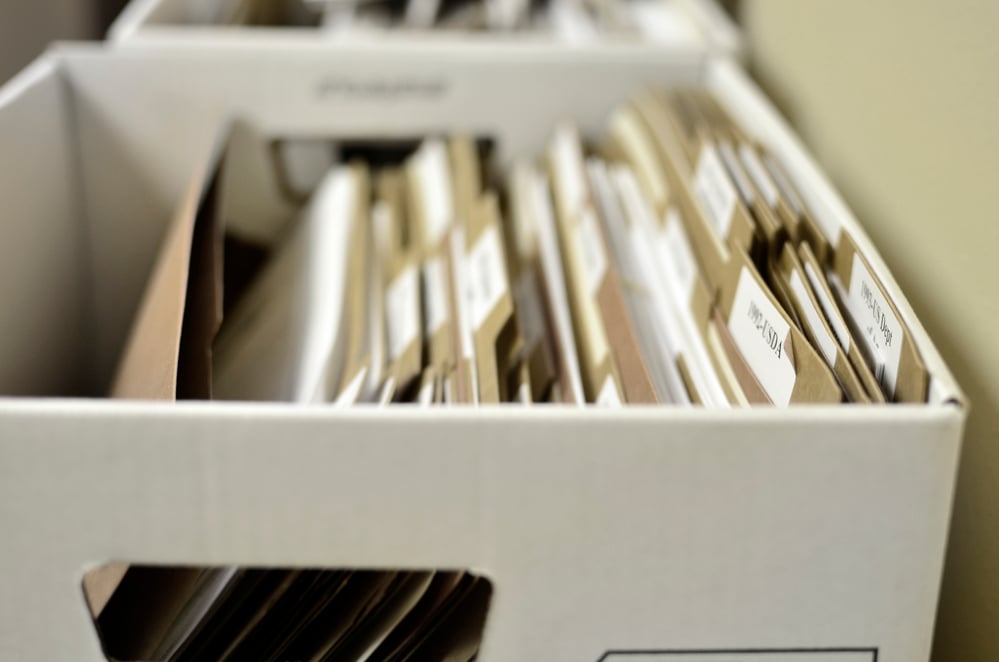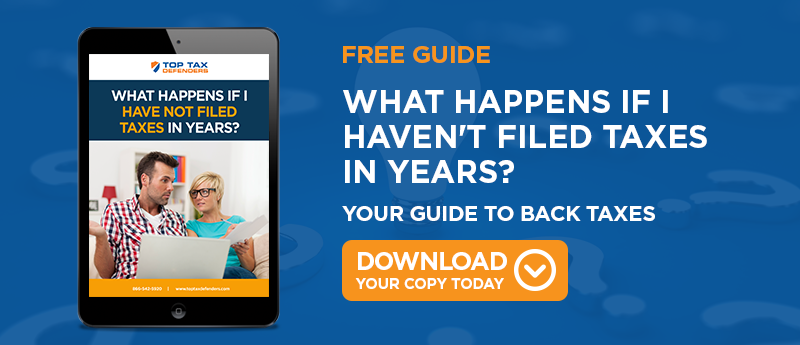
Why You Need to File Past Returns
There are several reasons why you should file your unfiled tax returns from previous years. For one thing, submitting your past forms keeps you in compliance with federal tax law. This alone can contribute to your peace of mind. Along with the conscientious benefit of filing your previous returns, you'll also benefit financially. If you owe outstanding balances from previous years, your account with the IRS has been accruing interest and late filing penalties all this time. Filing your previous years' returns will help you clear up any outstanding charges.
How to Get Started
The first thing you need to do is collect all of the necessary documents to prepare your past returns. You'll need to get copies of IRS Form 1040 for the years you haven't filed, as well as the supporting documents and schedules you'll need to complete. For example, if you need to report self-employment income, you must complete Form 1040 along with Schedule C "Profit or Loss From Business". If you plan to itemize your deductions, you'll need to complete Schedule A. You will also need to track down receipts and paperwork that support the deductions and income you'll report on your past return.
Submit the Returns with Any Necessary Payments
Even though the previous years' returns may be long overdue, you should still submit them to the IRS as you would a current year's return. The IRS does not allow taxpayers to file past returns electronically, so you'll have to complete paper forms and mail them to the appropriate mailing address for your state of residence. If you calculate that you owe a balance, enclose the voucher from Form 1040-V along with either a check or money order. If you're unable to pay your entire balance in full you can arrange an installment plan that will help you pay your balance gradually.
Clearing up unfiled tax returns doesn't have to be a complicated process. By preparing your forms and filing them, you can place your account back in good standing with the IRS. If you need assistance filing your forms, seek help from a qualified federal tax resolution professional.




